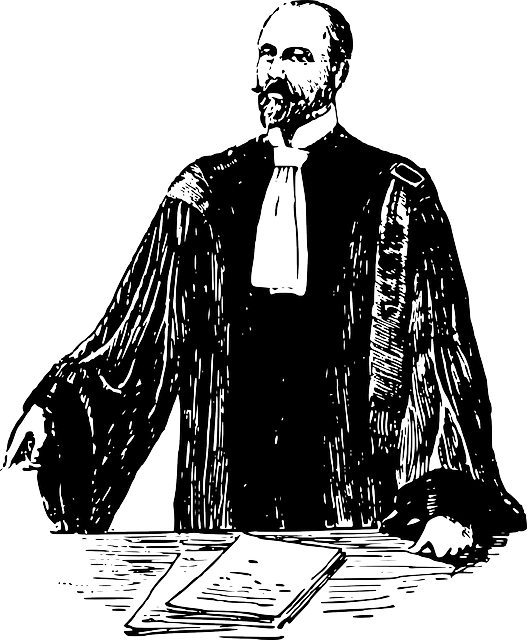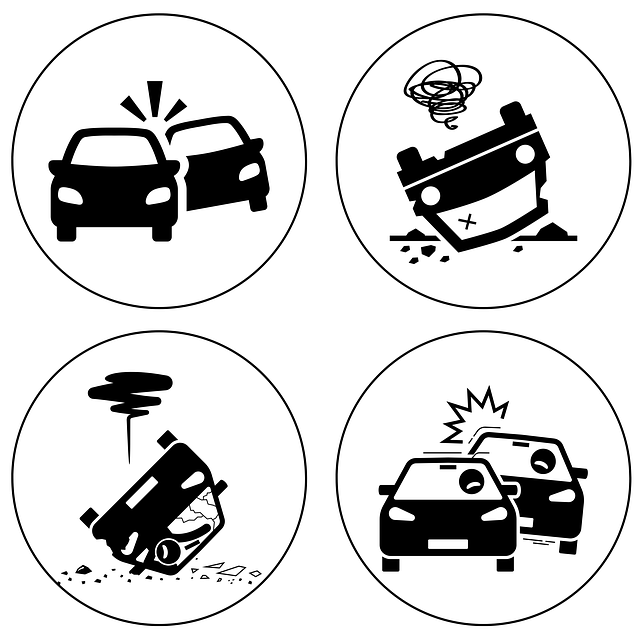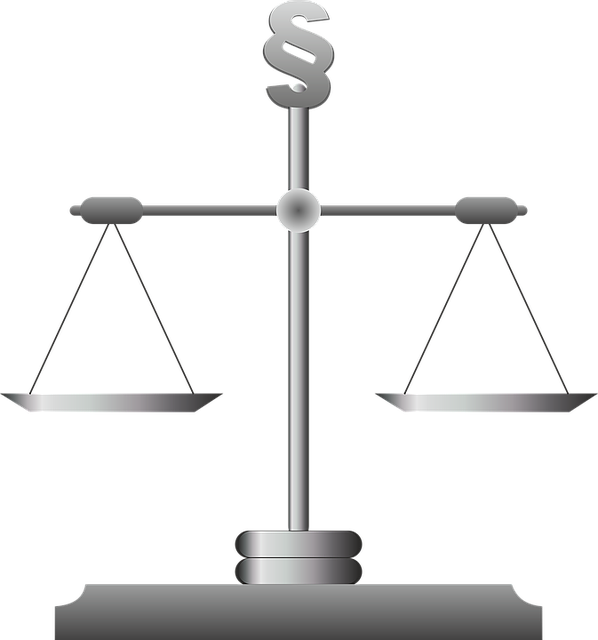Motorcycle accidents often result in serious broken bones due to minimal protection compared to cars. Fractures range from simple cracks to complex, multi-fragmented compound fractures. Recovery is prolonged, impacted by bone location, pre-existing conditions, and immobility duration, leading to muscle atrophy and reduced flexibility. Physical therapy is crucial for regaining functionality. Additionally, motorcycle accident victims may experience significant psychological effects, including PTSD, anxiety, and depression, requiring support networks and professional help. Personal injury attorneys specializing in motorcycle accidents can guide victims, advocate for compensation, and address product liability or medical negligence.
Motorcycle accidents can lead to severe injuries, among which broken bones are notably common. This article delves into the long-term effects of such fractures, exploring the complexities and multifaceted implications for victims. We discuss the physical recovery process, focusing on potential complications and the journey towards healing. Additionally, we address the psychological impact, offering insights into supporting those affected by motorcycle accident-related broken bones. Understanding these long-term consequences is crucial for both victims and healthcare providers.
- Understanding the Complexities of Motorcycle Accident-Related Broken Bones
- Long-Term Physical Implications and Recovery Process
- Psychological Impact and Support for Victims of Motorcycle Accidents with Bone Fractures
Understanding the Complexities of Motorcycle Accident-Related Broken Bones

Motorcycle accidents can lead to a range of injuries, with broken bones being among the most common and serious. Understanding the complexities of motorcycle accident-related broken bones is crucial for both riders and medical professionals. Unlike car accidents, motorcycles offer minimal protection, meaning riders are more exposed to high-impact forces during collisions. This increases the risk and severity of fractures.
The nature of these breaks can vary widely, from simple cracks to complex compound fractures that involve multiple bone fragments. Additionally, the location of the break—whether it’s a wrist, leg, arm, or pelvis—plays a significant role in determining the course of treatment and long-term recovery. Further complicating matters, defective products, such as poorly maintained vehicles or faulty motorcycle parts, can also contribute to these injuries, making personal injury claims a viable option for affected riders.
Long-Term Physical Implications and Recovery Process

After a motorcycle accident involving broken bones, individuals often face a lengthy recovery process with significant physical implications. These long-term effects can vary greatly depending on the severity and location of the fractures, as well as the overall health of the individual before the accident. Common challenges include prolonged immobility, which can lead to muscle atrophy and reduced flexibility, impacting mobility and balance in the future.
The recovery process involves multiple stages: healing of bones, rehabilitation to regain strength and movement, and then gradual return to normal activities. Physical therapy plays a crucial role in this journey, helping individuals regain functionality and independence. It’s important to follow medical advice regarding exercises and lifestyle adjustments to avoid complications and ensure a successful long-term recovery from motorcycle accident broken bones. This process can be lengthy and emotionally taxing, especially considering the potential for persistent pain and reduced physical capabilities.
Psychological Impact and Support for Victims of Motorcycle Accidents with Bone Fractures

Experiencing a motorcycle accident that results in broken bones can have significant psychological effects on victims. The trauma of such an event can lead to fear, anxiety, and depression, especially as the healing process unfolds. Many individuals struggle with post-traumatic stress disorder (PTSD), which can impact their daily lives and relationships. This emotional turmoil often goes unnoticed, adding to the burden of those already dealing with physical pain and recovery.
Support networks play a crucial role in helping victims cope. Friends, family, and community groups can offer a sense of belonging and understanding. Additionally, seeking professional help from therapists or support groups specialized in trauma recovery is invaluable. Personal injury attorneys specializing in motorcycle accidents can also provide guidance and advocate for victims’ rights, ensuring they receive the necessary medical care and compensation for their psychological suffering, along with any instances of product liability or medical negligence that may have contributed to the accident.
Motorcycle accidents can lead to severe injuries, with broken bones being a common outcome. Understanding the long-term effects is crucial for victims’ recovery and support. These incidents not only involve physical healing but also present psychological challenges that require attention. The complex nature of motorcycle accident-related fractures demands comprehensive care, encompassing both physical rehabilitation and mental health support. By recognizing the multifaceted implications, we can better assist those impacted and ensure they navigate this difficult journey with access to the necessary resources.






